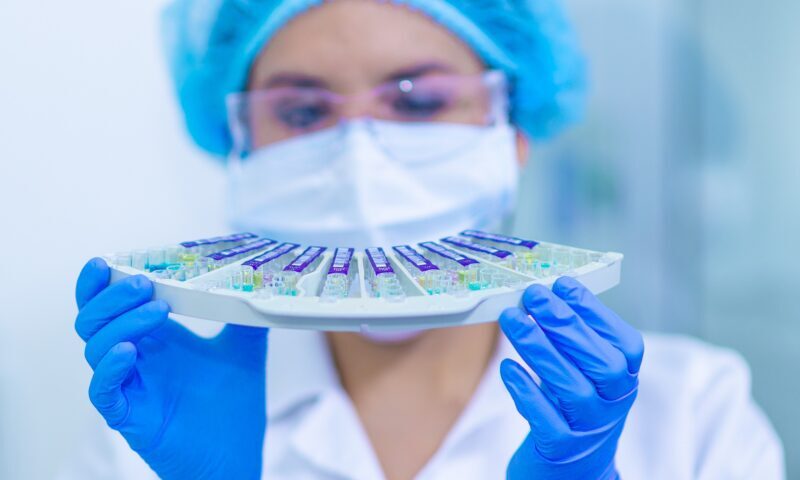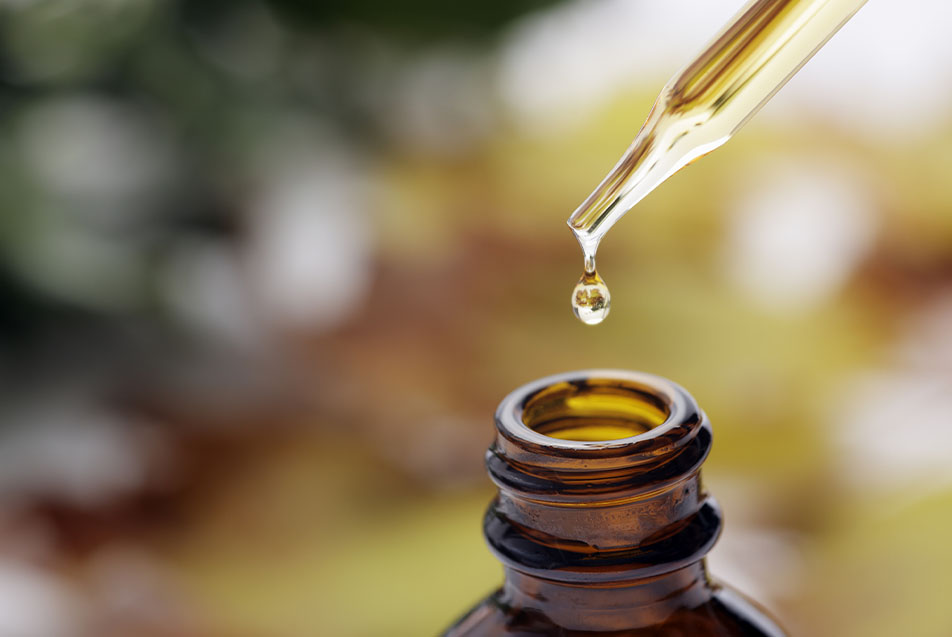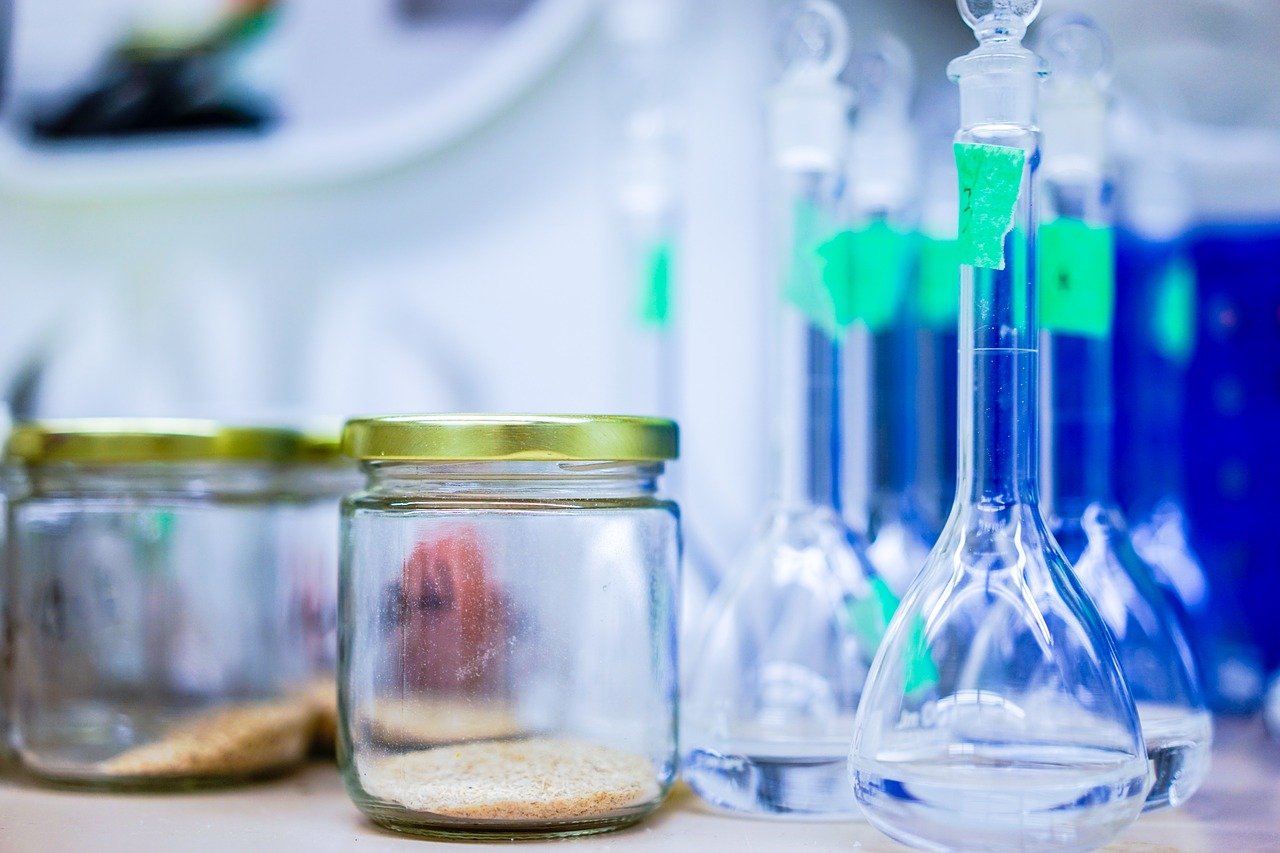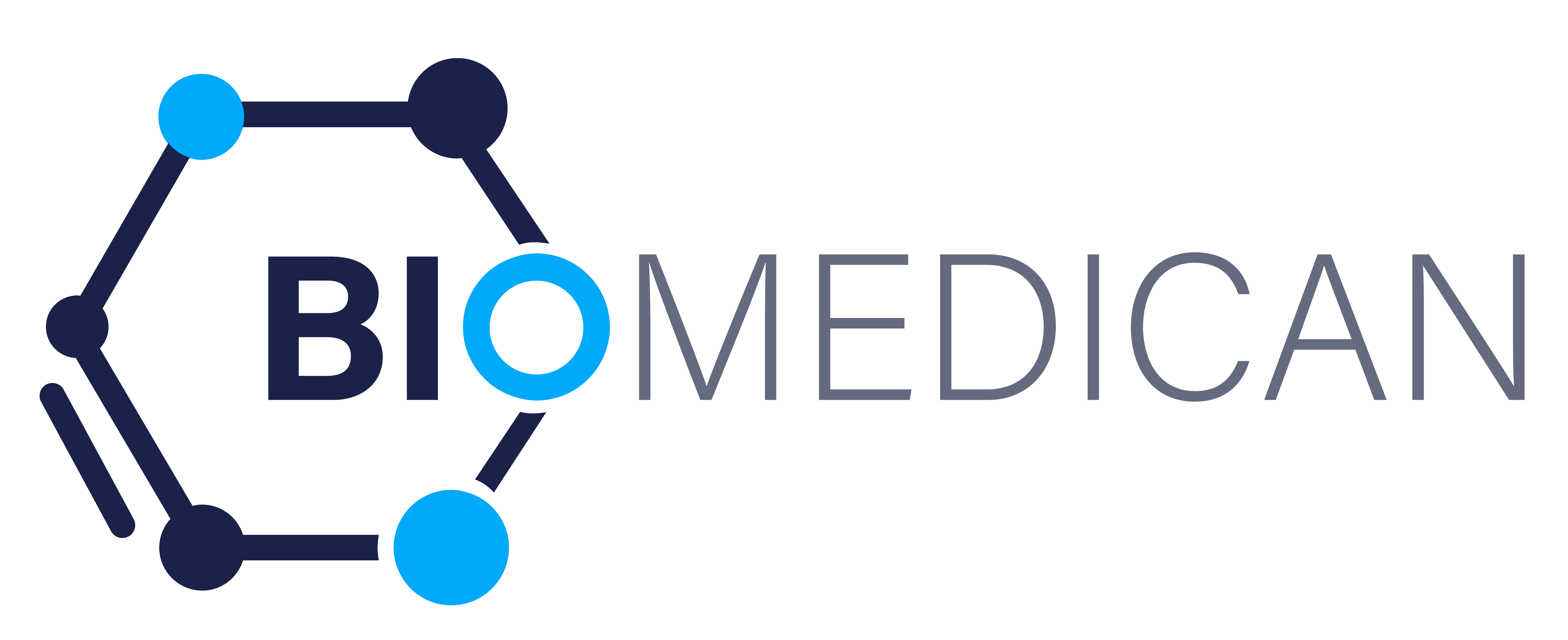What is THCA? Medical benefits and effects of Tetrahydrocannabinolic Acid
What is THCA?
The cannabis plant contains hundreds of components that are called cannabinoids. These cannabinoids are present in varying concentrations in a cannabis plant. While many cannabinoids are in use by humans for decades, recent research found some rare cannabinoids, including THCA. THCA (Tetrahydro cannabinolic acid) is a non-psychoactive cannabinoid found in cannabis. THCA is often confused with THC, which is well-known for its due to its intoxicating nature that gets you high.
How tetrahydrocannabinolic acid is made?
THCA (Tetrahydro cannabinolic acid) is a non-psychoactive cannabinoid found in cannabis. It comes from the “mother of all cannabinoids” – cannabigerolic acid (CBGA). Enzymatic reactions in different strains of cannabis convert CBGA into tetrahydrocannabinolic acid (THCA), cannabidiolic acid (CBDA), and cannabichromene acid (CBCA). THCA is present in variable quantities in cannabis.
This non-psychoactive compound produces THC on drying. The structural changes in THCA occur due to heat, light, or the process of decarboxylation. These processes remove a carboxylic acid group of atoms from THCA and alter its structure. This decarboxylation of THCA yields THC, which has a perfect shape to fit in the endocannabinoid system (ECS) and produce its euphoric effect.
The principle of action of THCA on the human body
Each cannabinoid binds to a specific endocannabinoid system receptor and produces a different effect. THCA does not bind the CB1 receptor, one of the endocannabinoid system receptors, due to its large and three-dimensional shape. The 3-D shape due to an extra carboxylic group prevents THCA from producing intoxicating effects. Other than CB1 and CB2 receptor, it binds enzymes involved in the cyclooxygenase pathway. Various medical benefits of THCA are attributed to its binding affinity for tumor necrosis factor-alpha (TNF-alpha) and cytokines such as interleukin 10 (IL-10).
The uses of THCA in medicine

Health problems THCA can treat: Various anecdotal reports and preliminary researches linked several medical properties, including anti-inflammatory, antiemetic, anti-proliferative, and neuroprotective effects to this rare cannabinoid THCA. The compound proved itself to be effective in chronic pain, muscle spasms, and insomnia.
Anti-inflammatory effect
Studies have found the importance of THCA in combating inflammation and various inflammatory conditions such as lupus, irritable bowel syndrome, arthritis, and Crohn’s Disease. THCA effects including COX-1 and COX-2 pathways and reduce the production of inflammatory mediators.
Neuroprotective properties
Various studies suggested THCA as an effective neuroprotectant cannabinoid. The potential neuroprotective effect of this compound is due to the activation of the PPARγ receptor. This cannabinoid can help protect against the progression of neurodegenerative diseases like multiple sclerosis, Parkinson’s disease, and Alzheimer’s disease.
Antiemetic effect
An animal study compared the antiemetic properties of THCA to THC. The study suggested that THCA showed a more potent antiemetic property than THC. Therefore, THCA can be used to combat nausea and vomiting side effects of chemotherapy. Research has shown that TCHA can help increase appetite and support digestion.
Anti-cancerous effect
The research focused on the impact of THCA on prostate cancer. The evidence of this research suggested that THCA has the potential to inhibit the proliferation of cancerous cells. It can enhance immune defense and promote cancer cells’ destruction, which sparked new research.
The uses of THCA in other areas

Due to these numerous health benefits, the food industry has also taken advantage of THCA. Cannabis tea, oil, and topical infusion have become increasingly popular, with THCA being one of the most abundant cannabinoids present within the Cannabis plant.
THCA vs. THC
Tetrahydro cannabinolic acid is a non-psychoactive compound that produces THC on drying. The structural changes in THCA occur due to heat, light, or the process of decarboxylation. These processes remove a carboxylic acid group of atoms from THCA and alter its structure. This decarboxylation of THCA yields THC, which has a perfect shape to fit in the endocannabinoid system (ECS) and produce its euphoric effect.
THCA possesses medical benefits almost similar to THC, but unlike THC, this compound does not get you high.
THCA-based products
Consumer acceptance of THCA flooded the market with numerous THCA products, including THCA oil, tea, and topical formulations. Current consumer attraction towards THCA is due to the non-intoxicating medical benefits of its products.
Sufferers of physical discomfort and inflammation prefer to use THCA oil. THCA oil is stored at cold temperature to avoid the degradation of Tetrahydro cannabinolic acid (THCA) into THC.
THCA tea is famous for its potential immunoregulatory functions. It is advised not to heat the tea at a high temperature if you don’t want to get high.
In order to stimulate appetite and reduce discomfort, THCA tincture is available in the market for sublingual application. The topical application of Tetrahydro cannabinolic acid (THCA) has a slow absorption rate, thus takes time to reach the bloodstream and produce an effect.
Why Biomedican biosynthesis from yeast is the best way to produce THCA

Rare cannabinoids, such as THCA, exist in minimal quantities in cannabis plants. This makes their extraction and purification inefficient, costly, and environmentally taxing. THCA is extracted from cannabis, which requires significant regulatory oversight and can produce inconsistent yields prone to contamination from pests, mold, and pesticides. Due to these limitations, the chemical synthesis of THCA has become the leading production method. However, chemical synthesis produces artificial forms of THCA, which can have undesirable side effects.
The production of THCA through biosynthesis offers a way to reduce the environmental footprint, decrease production time, circumvent regulatory oversight, and produce high-quality cannabinoids. Biosynthesis, a process that has been used for several years in multiple industries, revolutionizes the production of cannabinoids by reducing the cost of their production by 70-90%.
Biomedican uses a unique proprietary yeast, which undergoes the natural metabolic process of fermentation to produce THCA identical to its counterparts in nature. The advantage of this natural process is that it is 100% pure, reliable, and does not come with the undesirable side effects of chemical synthesis.
What kind of business will need THCA?
THCA products pique the market due to their beneficial effects. The cosmetics industry, food industry, nutraceuticals, and pharmaceutical industry can benefit from THCA due to increased consumer interest.
The benefits of investing in this industry
Biomedican generates cannabinoids such as THCA and terpenes directly from proprietary yeast without costly plant cultivation or inefficient extraction and purification procedures in a scalable fashion. Production facilities for biosynthesis cost a fraction of traditional cannabis facilities enabling much more cost-efficient manufacturing.
Investors benefit from the ability to participate in an industry currently gaining enormous momentum. Our proprietary technology can revolutionize the THCA supply chain and directly feed into several markets where cannabinoids and terpenes are in high demand. Due to efficient production, investors can expect a faster return on investments.




